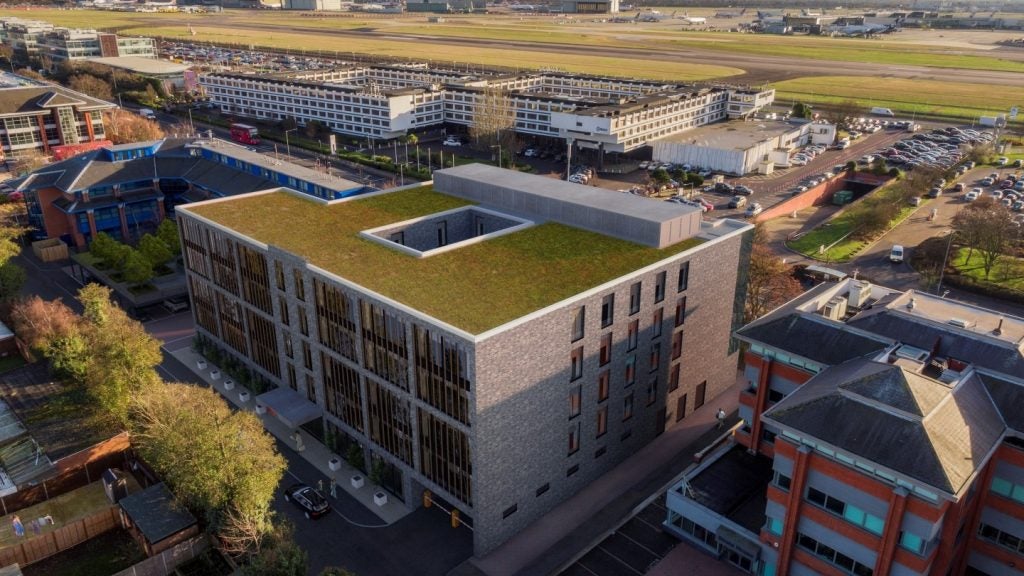
The UK’s immigration minister Robert Jenrick has announced that the country will stop housing asylum seekers by the end of January 2024.
This decision is a result of a drop of more than 20% in small boat crossings of the English Channel compared to 2022.
The Home Office has already informed local authorities, members of Parliament and accommodation providers about the plan to vacate the hotels already in use. This move is aimed at returning them to their original use by local communities.
Efforts will initially focus on hotels that can be vacated quickly, relieving pressures on local services and providing a boost to local economies.
Gradual handover and relocation
These hotels will be gradually returned to hoteliers by the end of January 2024, with the first exits to take place in late October 2023
Asylum seekers currently accommodated in these hotels will be relocated to other parts of the UK’s asylum estate, including the Bibby Stockholm barge in Portland, Dorset.
How well do you really know your competitors?
Access the most comprehensive Company Profiles on the market, powered by GlobalData. Save hours of research. Gain competitive edge.

Thank you!
Your download email will arrive shortly
Not ready to buy yet? Download a free sample
We are confident about the unique quality of our Company Profiles. However, we want you to make the most beneficial decision for your business, so we offer a free sample that you can download by submitting the below form
By GlobalDataJenrick emphasised the need to stop using hotels to accommodate individuals making dangerous small boat crossings, as it places a significant financial burden on taxpayers.
He highlighted that progress is being made in stopping small boat arrivals, which are down by more than 20% from 2022.
Jenrick also expressed the government’s commitment to dismantling smuggling gangs’ business models and stopping small boat crossings through the Illegal Migration Act and partnerships with countries such as Rwanda.
Government’s efforts to tackle illegal migration
The decrease in small boat crossings is attributed to the government’s broader efforts to combat illegal migration. These efforts include partnerships with countries such as France, Turkey, and Italy to tackle organised immigration crime.
The Illegal Migration Act will allow the detention and prompt removal of individuals arriving in the UK illegally to their country of origin or a safe third country.
The government has also optimised the capacity of the current asylum estate by improving room sharing and utilising alternative accommodation sites such as a former military base at Wethersfield, Essex, and the Bibby Stockholm barge, which offer better value for taxpayers and are more manageable for communities.
Managing the exit process
The Home Office will closely collaborate with accommodation providers and local authorities to manage the exit process in a way that minimises the impact on partners and service users.
This decision to stop housing asylum seekers in hotels is part of the government’s comprehensive approach to tackling illegal migration, which includes returning individuals with no legal right to be in the UK and imposing fines on employers of illegal workers.
The government remains committed to making the UK’s immigration system more secure and sustainable while ensuring that the welfare of communities and taxpayers is taken into account.







